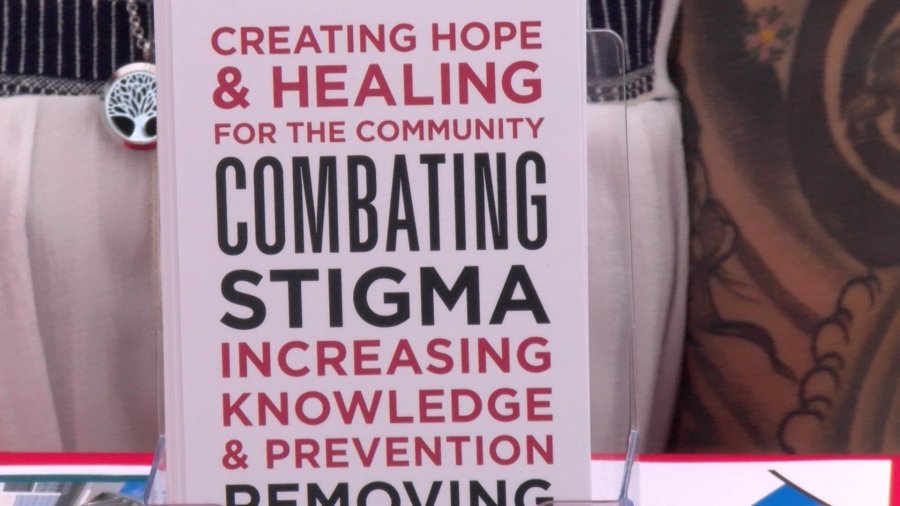SARASOTA COUNTY (WSNN) – Millions of lives have been lost to the HIV/AIDS epidemic. While medical advancements have led to fewer deaths today, the stigmas connected to the disease still exist.
HIV is not a death sentence, but many people falsely believe it is.
“There are so many different preventative medications along with treatment modalities that are out there, this is not the same death sentence that it had in the 80s,” CAN Community Health’s Medical Director and Infectious Disease/Internal Medicine Dr. Mohammed Reza said.
Infectious Disease expert Dr. Mohammed Reza says while medical advancements have helped people living with HIV … it’s still a virus that can spread if not treated.
“You can catch by exchanging bodily fluids done more so through sex, or through needles if you’re an injection drug user,” Dr. Reza said.
Dr. Reza says sexual intercourse is the number one way HIV is spread.
“It cannot be transmitted through other ways such as kissing somebody, such as sharing utensils,” Dr. Reza said.
One common HIV treatment is a medication like PREP that decreases the viral load in your body, so much so that the infection can become undetectable.
“When the virus is so low in a person living with HIV, that it cannot be detected or it’s very low, it cannot be transmitted even if they have sex with others that are not HIV positive,” Dr. Reza said.
Dr. Reza says the medication can help women with HIV from passing the virus onto their children. He adds that HIV can affect more than one group of people.
“This is not a disease of just gay people,” Dr. Reza said. “It’s everyone. You can be straight, gay, but you can still contract HIV, which is just false information that is perpetuated through different cultures.”
However, Dr. Reza says the statistics are remarkably high for minority groups.
“If you’re a gay black man, your risk of contracting HIV during your lifetime is 50-percent, it’s remarkably high,” Dr. Reza said. “Same thing for Latin X gay men your risk of contracting HIV is 25-percent.”
He says people of color don’t have the same access to healthcare and treatment. The key to not dying from HIV is awareness and education.
“This is not something to fear, rather know,” Dr. Reza said. “And getting tested is the first step in that process.”
Whether you’re insured or not, if you get diagnosed with the virus…you will have *will* have access to care through the Ryan White HIV/AIDS Program. It supports and strengthens the safety net care and treatment available to people living with HIV.
